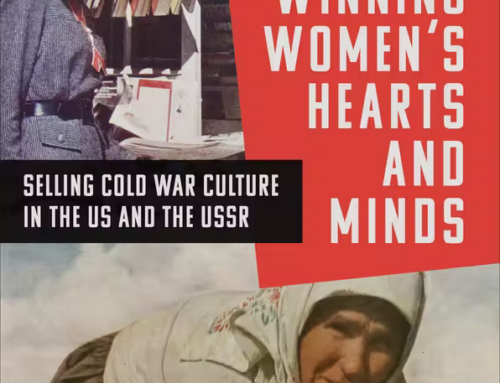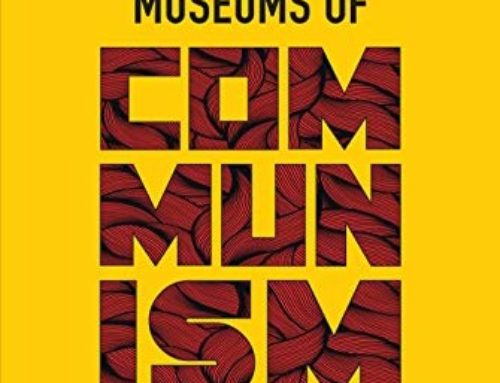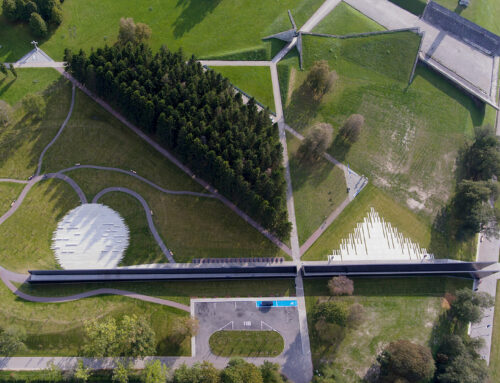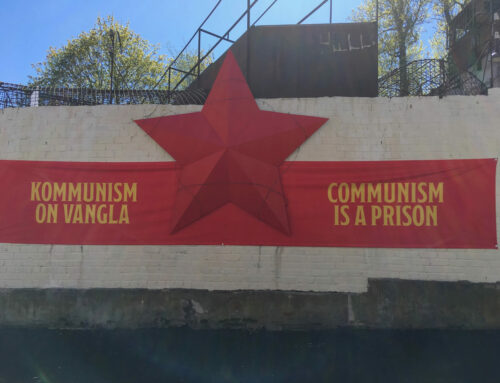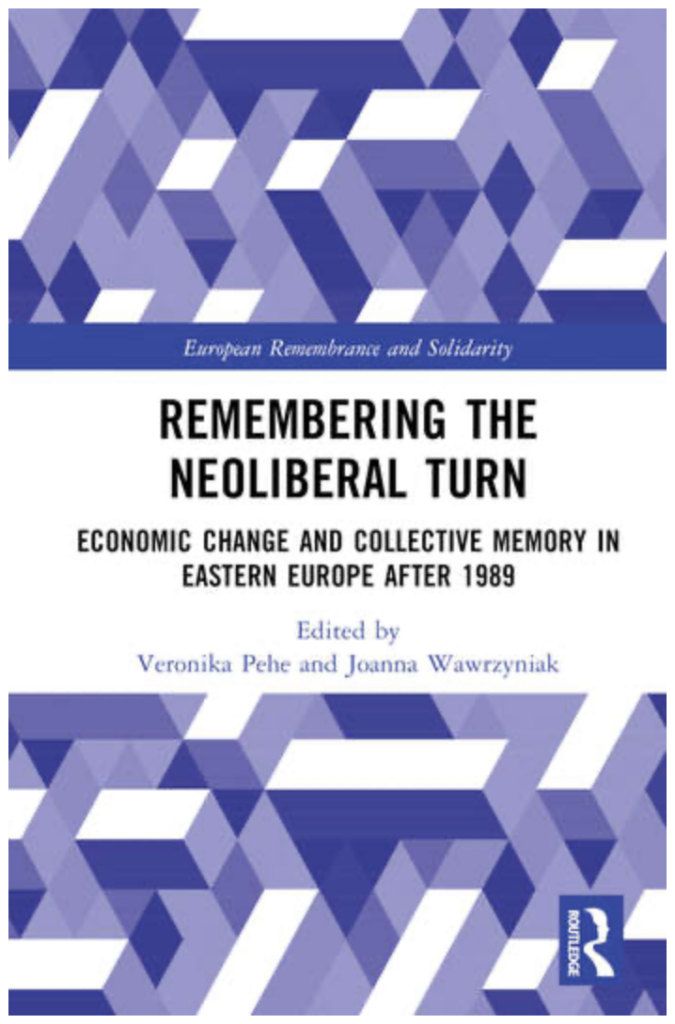 At the monthly PoSoCoMeS seminar on 8 January 2024, Monday, 5.30 pm (CET), Veronika Pehe, Joanna Wawrzyniak, Jogilė Ulinskaitė and Ute Hirsekorn discuss the neoliberal turn and collective memory in Eastern Europe after 1989.
At the monthly PoSoCoMeS seminar on 8 January 2024, Monday, 5.30 pm (CET), Veronika Pehe, Joanna Wawrzyniak, Jogilė Ulinskaitė and Ute Hirsekorn discuss the neoliberal turn and collective memory in Eastern Europe after 1989.
Zoom link: https://lmu-munich.zoom-x.de/j/61182078743?pwd=TEpTM1BGRGZueXkyekpTaGpvU2tMUT09
About the book
How are the post-1989 economic reforms remembered today in Central and Eastern Europe? How do memories of global neoliberal change differ across the region and to what extent do they contribute to the current political climate? How do they affect our current understanding of the post-1989 period, and what counter-memories have they triggered? These are the questions posed by the volume Remembering the Neoliberal Turn: Economic Change and Collective Memory in Eastern Europe after 1989.
The volume shows how the key processes that impacted many lives across the social spectrum in Eastern Europe, such as deindustrialization, privatization, restitution and abrupt social reorganization, are collectively remembered across society today. Remembering the Neoliberal Turn establishes the memory of economic transformation as a research focus in its own right. It investigates different levels of memory, from the national through the local to the cultural, analysing key myths of the transformation, giving special recognition to the social space and vernacular memories of the transformation period and reflecting on how the changes of the 1990s are mediated in cultural representations.
Editors
Veronika Pehe is a historian based at the Institute of Contemporary History of the Czech Academy of Sciences, where she leads the Research Group for Historical Transformation Studies. Her research covers cultural and social history, memory and film and television.
Joanna Wawrzyniak is associate professor of sociology and the founding director of the Center for Research on Social Memory at the University of Warsaw. Her current projects relate to the memories of industrial transformations and decolonization of heritage. Joanna is the President-Elect of the Memory Studies Association and the vice-Chair of the COST Action Slow Memory: Transformative Practices for Times of Uneven and Accelerating Change. For more information see: https://crsm.uw.edu.pl/staff/dr-hab-joanna-wawrzyniak/
Discussants
Jogilė Ulinskaitė is an Associate Professor at the Institute of International Relations and Political Science, Vilnius University. She defended her PhD thesis on the populist conception of political representation in Lithuania. Since then, she has been part of a research team that studies the collective memory of the communist and post-communist past in Lithuania. Her current research integrates memory studies and emotion sociology to analyze experiences of post-communist transformation.
Ute Hirsekorn is Assistant Professor of German Studies at the University of Nottingham where she also leads the Research Centre for Memory Studies and Post-Conflict Cultures. She has worked on the autobiographical texts of former East German elites, and her current project looks at graduates of the Bogensee College of the GDR’s Free German Youth. She is a Co-Chair of the PoSoCoMeS Working Group of the MSA.

